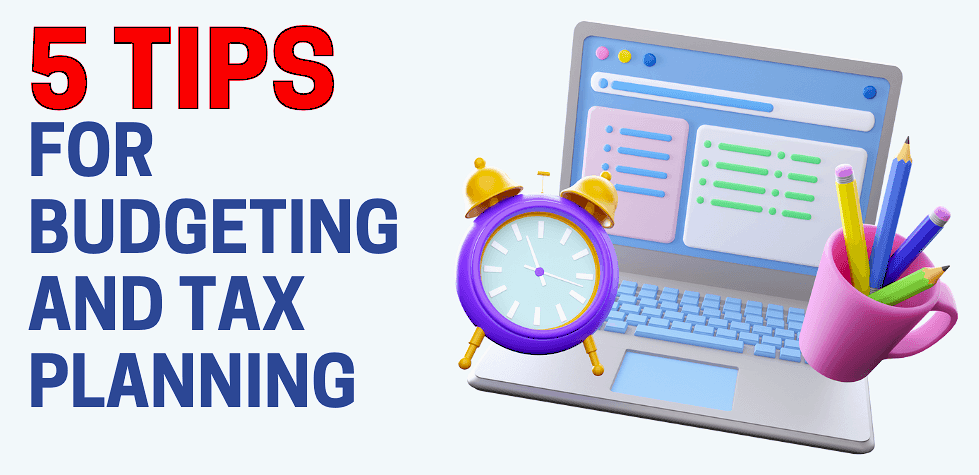Freelancer Tax Tips Freelancing offers incredible flexibility, but it also comes with its own set of financial challenges — especially when it comes to taxes. Whether you’re a seasoned freelancer or just getting started, understanding how taxes work is crucial to avoid penalties and maximize your deductions.
In this guide, we’ll provide you with essential freelancer tax tips for 2025, helping you stay on top of your tax obligations while keeping more money in your pocket. Let’s get started!
💼 1. Know Your Tax Classification
As a freelancer, you are generally considered self-employed, meaning you’re responsible for paying both the employee and employer portions of Social Security and Medicare taxes (known as self-employment tax).
Key points:
- Self Employment Tax: This15.3% of yur net incoms and covers Social Security 12.4% & Medicare (2.nine%).
- Income Tax: This is based on your overall income and can range from 10% to 37%, depending on how much you earn.
Make sure to set aside money for these taxes each quarter to avoid surprises at the end of the year. Setting up a separate savings account specifically for tax purposes can help you stay on track.
🧾 2. Track Your Business Expenses
Common Freelance Deductions:
- Home Office Deduction: If you use a part of your home exclusively for work, you can deduct a portion of your rent or mortgage, utilities, internet, and other related expenses.
- Supplies and Equipment: You can write off the cost of tools, computers, software, and even office furniture.
- Business Travel: Travel expenses related to client meetings or business trips are deductible, including airfare, hotel, meals, and transportation.
- Health Insurance: If you purchase your own health insurance, you may be able to deduct the premiums as a business expense.
Using accounting software or hiring a bookkeeper can help ensure you capture every eligible expense and stay organized throughout the year.
How to Make Quarterly Payments:
- Deadline: Payment is due in April, June,September, and January of the following year.
- Estimate Your Taxes: You’ll need to estimate your expected income, deductions, and credits. Freelance tax calculators or consulting with a tax professional can help you determine your quarterly payment.
- Avoid Penalties: If you don’t make these payments or underpay, you could face penalties and interest. To avoid this, it’s important to stay on top of your earnings and make payments on time.
Using a separate business account for your freelance income can make it easier to calculate how much you owe in taxes each quarter.
💻 4. Keep Your Income Organized
As a freelancer, you may have multiple clients and sources of income. It’s not just about keeping your receipts; you need to keep track of how much you earn from each client throughout the year.
Tips for Organizing Your Income:
- Invoices: Ensure you issue clear invoices and keep copies of each one. Having a system (digital or paper) for storing invoices will make filing your taxes easier.
- Payment Platforms: Many freelancers receive payments through services like PayPal, Venmo, or Stripe. Make sure you track and document these payments, as they may be subject to taxes.
- Tax Forms: By January, clients who have paid you over $600 should send you a 1099-NEC form. Keep these forms organized, as they will provide the information you need when filing.
Consider using accounting software like QuickBooks or FreshBooks, which can help you automatically track your income, categorize expenses, and generate reports.
🏠 5. Consider Retirement Savings Plans
As a freelancer, you don’t have an employer-sponsored retirement plan, but there are still great options available for you to save for the future and reduce your taxable income.
Retirement Savings Options:Freelancer Tax Tips
- SEP IRA (Simplified Employee Pension): You can contribute up to 25% of your net income or $66,000 (whichever is less) in 2025. This plan is easy to set up and offers significant tax advantages.
- Solo 401(k): This plan allows you to contribute both as an employee and employer, with a total limit of $66,000 in 2025.Traditional IRA: This allows you to contribute up to $6,500 (or $7,500 if you’re over 50) in 2025, reducing your taxable income.
Contributing to these plans not only helps you save for retirement but also lowers your taxable income, reducing your overall tax liability for the year.
💰 6. Work with a Tax Professional
Tax laws can be complex, and as a freelancer, you may have additional deductions and requirements to consider. While you can certainly handle your taxes yourself using accounting software, consulting with a tax professional can save you time and money.
Why Work with a Professional:
- Maximize Deductions: A tax professional can help ensure you’re claiming all eligible deductions, including industry-specific expenses that you might miss.
- Avoid Errors: Mistakes on your tax return can lead to costly penalties.
- Tax Planning: A professional can help you plan ahead, ensuring that you’re making the most of tax-saving opportunities like retirement plans or tax credits.
🎯 7. Keep Good Records Year-Round
Proper record-keeping is essential for freelancers. Throughout the year, make sure to keep receipts, invoices, contracts, and any other important financial documents.
Organize Your Records:
- Digitally store receipts and important documents using apps like Expensify or Evernote.
- Categorize expenses regularly to ensure you’re not scrambling to find paperwork when tax time comes around.
📌 Final Thoughts: Stay On Top of Your Freelance Taxes in 2025
Being a freelancer in 2025 offers flexibility and independence, but it also requires you to be proactive about your taxes. By following these freelancer tax tips — tracking your income, making quarterly payments, utilizing deductions, and consulting with a professional — you can minimize your tax liability and maximize your savings.
Remember: staying organized year-round and planning ahead is key to navigating taxes successfully and keeping more of your hard-earned income. 💼💸
